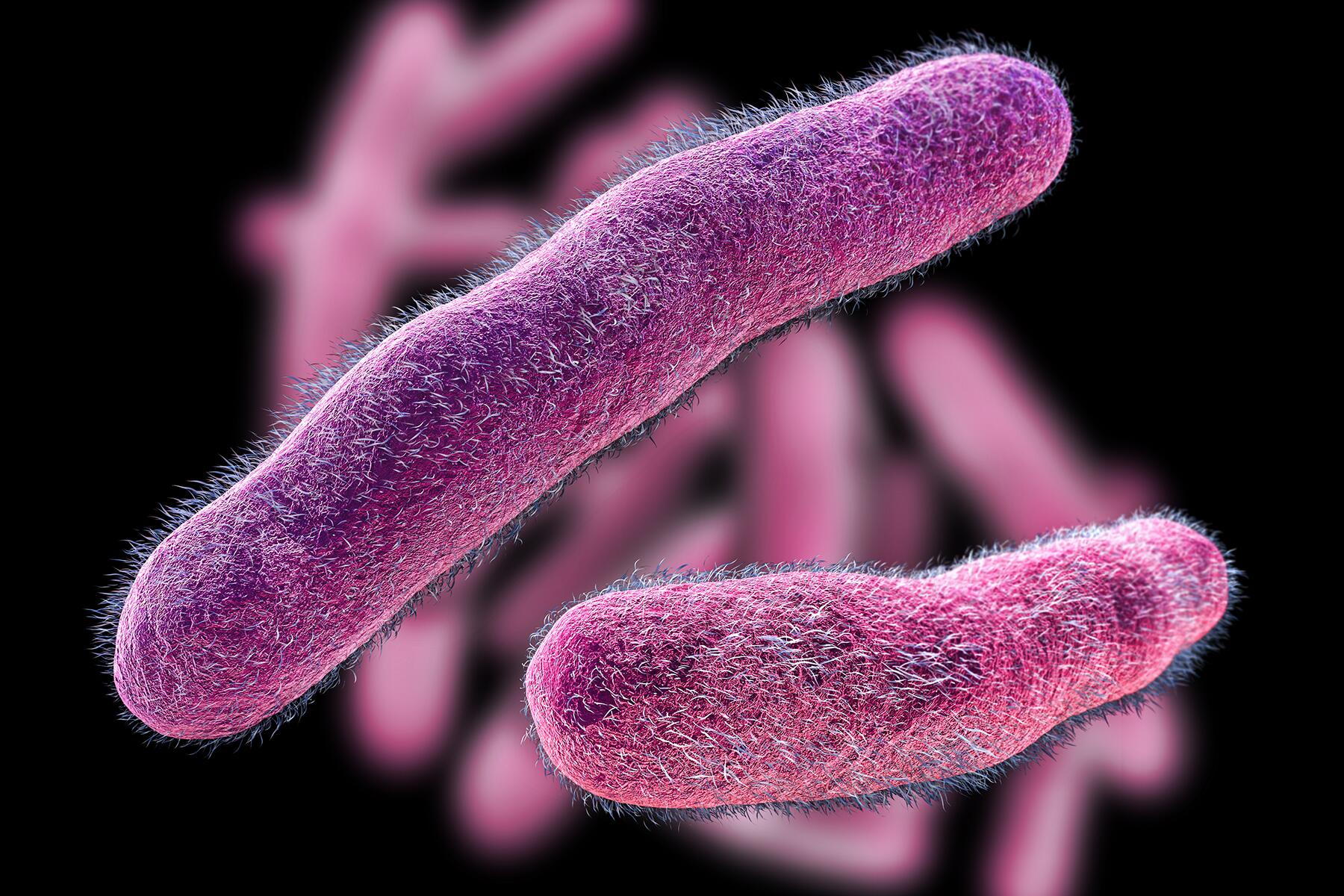Sorry, here's another thing to worry about.
Traveler’s diarrhea can be a nuisance when you’re in another country. You may lose a day or two while waiting for your stomach to feel better, but for most healthy adults, it’s nothing serious. But the Centers for Disease Control and Prevention (CDC) has just issued a warning for a bacteria called Shigella, which also causes diarrhea but can be potentially concerning.
How Serious Is Shigella?
Shigella is a highly transmissible bacteria—a small number of bacteria can make people ill. The symptoms include cramping and stomach pain, diarrhea that can be bloody, and fever.
According to the CDC, it was predominant in children below 4 years of age, but now the infection is increasingly being detected in adults. Recently, drug-resistant (XDR) Shigella infections have been on the rise, with about 5% caused by this strain in 2022, as compared to 0% in 2015. Around 450,000 Shigella infections are reported in the U.S. every year and result in $93 million in direct medical costs. Around 77,000 infections are drug-resistant.
The bacteria spreads through person-to-person contact, fecal-oral contact, or contaminated food and water. Possible routes of transmission include touching infected surfaces and touching your mouth, sexual contact with someone with the infection, swallowing contaminated water (drinking or swimming), taking care of someone with an infection, or changing the diapers of a child with the infection.
Recommended Fodor’s Video
High-risk groups include men who have sex with men, international travelers, those who are HIV+, and those who are experiencing homelessness. Most patients recover with oral rehydration while some may be prescribed antimicrobial treatment to speed up recovery. However, there are no alternative treatments for the drug-resistant (XDR) strain. Healthcare professionals have to report all cases of infections, as it’s classified as a nationally notifiable disease.
Related: How to Boost Your Immune System before, During, and After Travel
The infection can spread for weeks after the symptoms ease up, so people should take extra precautions even after they feel better. Since it can spread sexually, don’t have sex for at least two weeks after you have recovered and practice safe sex. Avoid swimming in public pools and oceans and rivers, and don’t prepare food until you’ve recovered.
Precautions for Travelers
The CDC warns that travelers are likely to be affected by the Shigella bacteria that’s difficult to treat. Be careful if the destination has unsanitary conditions or unsafe food and water.
The bacteria spread by consuming contaminated food or water, as well as touching infected surfaces and coming in contact with those affected by it. So, the first line of defense is keeping your hands clean. Follow the usual practice of washing hands with soap and water before eating, when preparing food, after washing or changing diapers, and when caring for someone who is sick. It is also suggested that travelers don’t eat raw fruits and veggies and avoid tap water and ice, unpasteurized milk, and food items from street vendors.
Related: Worried About Getting Sick Abroad? Do These Things BEFORE Leaving for Your Trip
If it’s a regular case of diarrhea, the health agency recommends filling up on fluids and taking over-the-counter medication. If there are any severe symptoms, antibiotics can be prescribed. However, if the diarrhea is bloody or lasts longer than three days, or you experience severe dehydration, vomiting, or high fever, you should see a healthcare provider.



